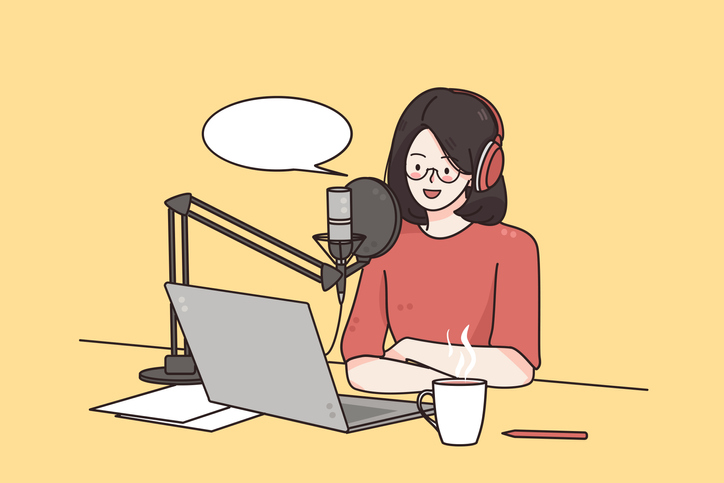Recognizing Signs of Undiagnosed Mental Health Disorder

Coming to terms with oneself about substance misuse is no small pill to swallow. It’s a realization that takes humility — one that millions who suffer every day continually avoid. So imagine the double whammy clients must feel when they are then told or discover that they also have a co-occurring mental health disorder. According […]
5 Tips for Time Management

Bad time management can increase stress and frustration. According to research in the Annals of the New York Academy of Sciences, “stress is a well-known risk factor in the development of addiction and addiction relapse vulnerability.” Part of relapse prevention includes anticipating possible issues and finding solutions. If you know that time management is an issue for you, […]
How to Talk About Personal Boundaries at Work

Talking about recovery topics and your boundaries in the workplace can be daunting. However, you may need to have those conversations with coworkers and supervisors to ensure that the company you work for is a safe place where you can stay productive. Professional boundaries protect your physical and emotional health whether you work in an […]
Finding a Balance Between Work and Home

Most people do not get a choice about whether they work or not. Bills need to be paid, and usually, that requires one or more jobs. However, it is essential to find a balance between work and home life during recovery. Added stress will impact your mental and physical health and put unnecessary strain on […]
6 Healthy Alternatives to Self-Harming Behaviors
6 Healthy Alternatives to Self-Harming Behaviors *This page includes mentions of non-suicidal self-injury and self-harming behaviors. Please, avoid reading if you believe these subjects may cause you emotional distress.* The vast majority of people who self-injure have no intention of permanently harming themselves and are seeking temporary relief to a specific stressful situation or are […]
7 Ways to Prioritize Self-Care

According to the National Institute of Mental Health (NIMH), “Self-care can play a role in maintaining your mental health and help support your treatment and recovery.” How you care for your mind and body will influence your psychological and physical well-being. Your mental health affects all of the following: How you regulate and process emotions […]
Volunteer to Increase Your Health and Happiness

Volunteering in-person or virtually can improve your recovery in several ways. You will avoid unwanted thoughts or behaviors by donating your time to a good cause and build a healthy new routine that involves serving others through hard work. Clinical research studies have reported many advantages to regularly volunteering, including: It keeps you busy and […]
Relapse Prevention and Regular Exercise

Physical activity can decrease the risk of relapse for people in recovery from substance use disorder (SUD). A healthy mind starts with taking care of your body. Many people recovering from substance misuse find themselves malnourished and physically exhausted throughout the day. The longer a person uses substances, the worse the health issues become. According […]

